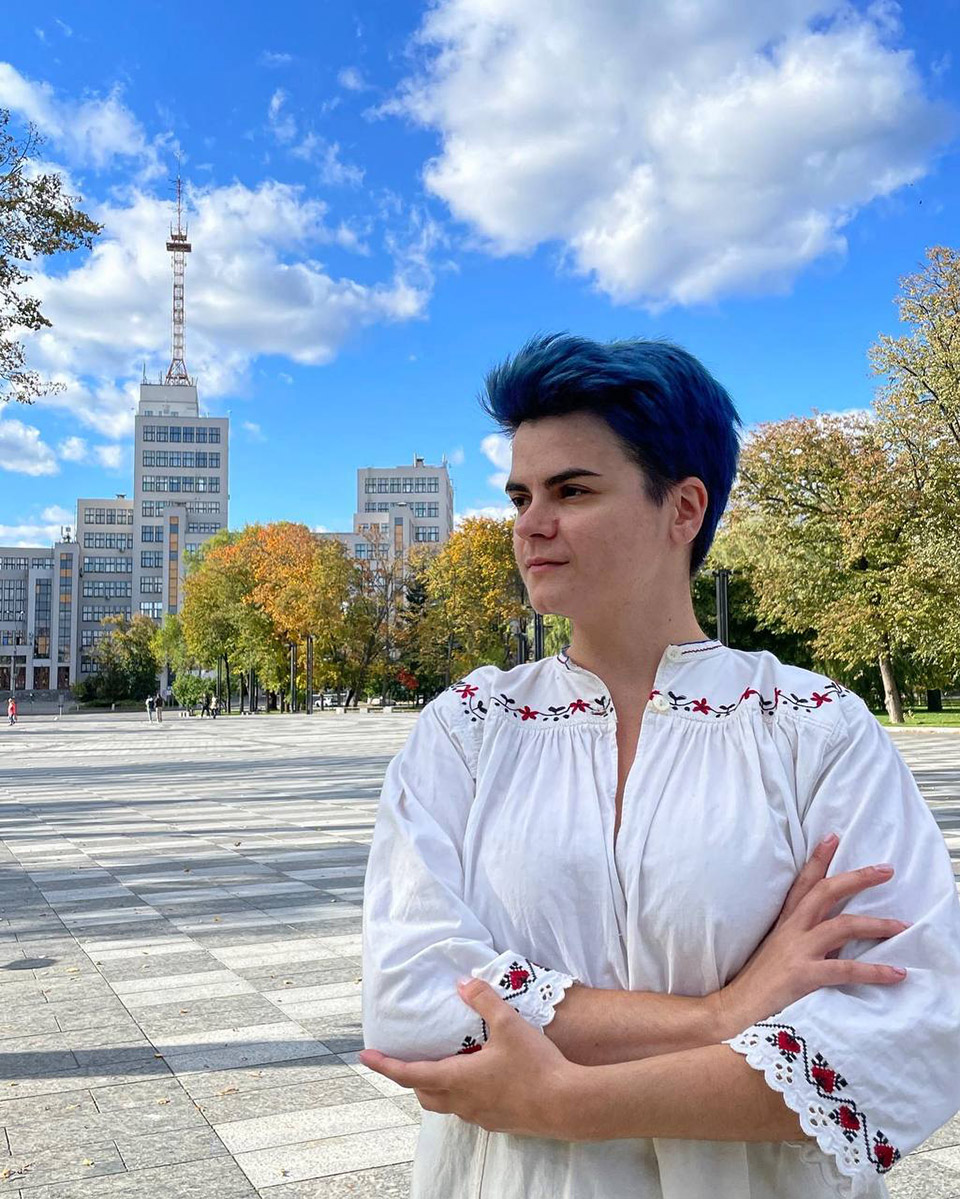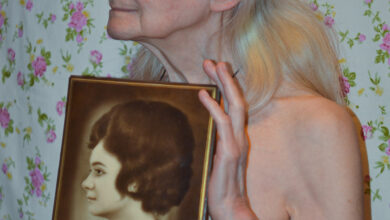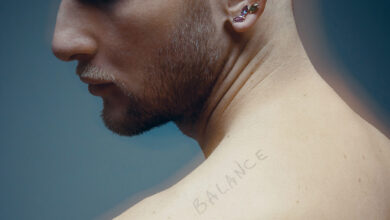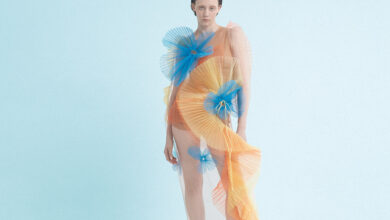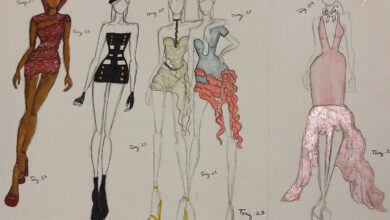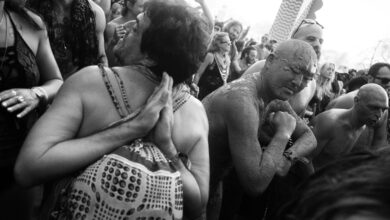Ukraine callingZoot Sees
I am the weapon
Sharper than a knife, faster than a fighter jet on International Women's Day

My name is Olia Fedorova, I am a 29-year-old artist from Kharkiv, Ukraine.
On the 24th of February of the year 2022 at 5 AM I woke up to my mother’s phone call; she said that our home city was being bombed by Russia. Together with my friends and neighbors I had to hide in the basement of our house.
We heard the sounds of explosions and the roar of the warplanes above the city. We were confused and didn’t know what to do. But we had no doubt that whatever was going to happen, we would not surrender. We would stand up for our lives, dignity and freedom.
We were completely different people, barely knew each other before, but we worked together to defend our shelter and make it comfortable for all of us. We helped and supported each other.
From the first days of the war, with the help of my friends all over the globe, I’ve been working hard to spread my word about what was happening in Kharkiv—sharing the reality of war from the perspective of its direct witness, through social media, newspapers and magazines, radio and TV. After evacuating to Graz, Austria in May, I continue to speak out with my art and writing, so that the voices of Ukrainians stay strong and loud and so that the world never forgets about Russian crimes and Ukrainian resistance.
Words and images by Olia Fedorova

Unfortunately, I cannot take up real arms to fight for my country. Or fortunately—because every person should do what they are most skillful at. And actually these are not just Javelins, HIMARS or Leopards that are fighting, but the people.
My energy, my voice and my words are my Javelins, HIMARS and Leopards, my best weapons.
My weapon is myself. I AM the weapon.
In Ukrainian the phrase “I am the weapon” is a rhyme: “Zbroya tse ya”.
I remember how at the beginning of the invasion we were making Molotov cocktails with my neighbors, how we were literally sharpening the knives, because we didn’t have any doubt that we all would stand up for our home. My mom didn’t have any doubts when she approached the group of armed men that didn’t have any visible signs of which army they belonged to, and asked them to say “palyanytsya” to find out who they were, “ours” or enemies. Before the big war I thought that I wouldn’t be useful for my country in this situation because I didn’t have any combat skills, couldn’t handle weapons. Also my physical form and stamina left much to be desired. But later I understood that I am the real weapon. The most effective weapon. The worst and the scariest weapon the enemy could imagine. Because I love my country; I love my people, my culture, my language; I love my land; I love my city and neighborhood. And I won’t let any impudent motherfucker take them away from me, won’t let them destroy myself by destroying everything that I value.
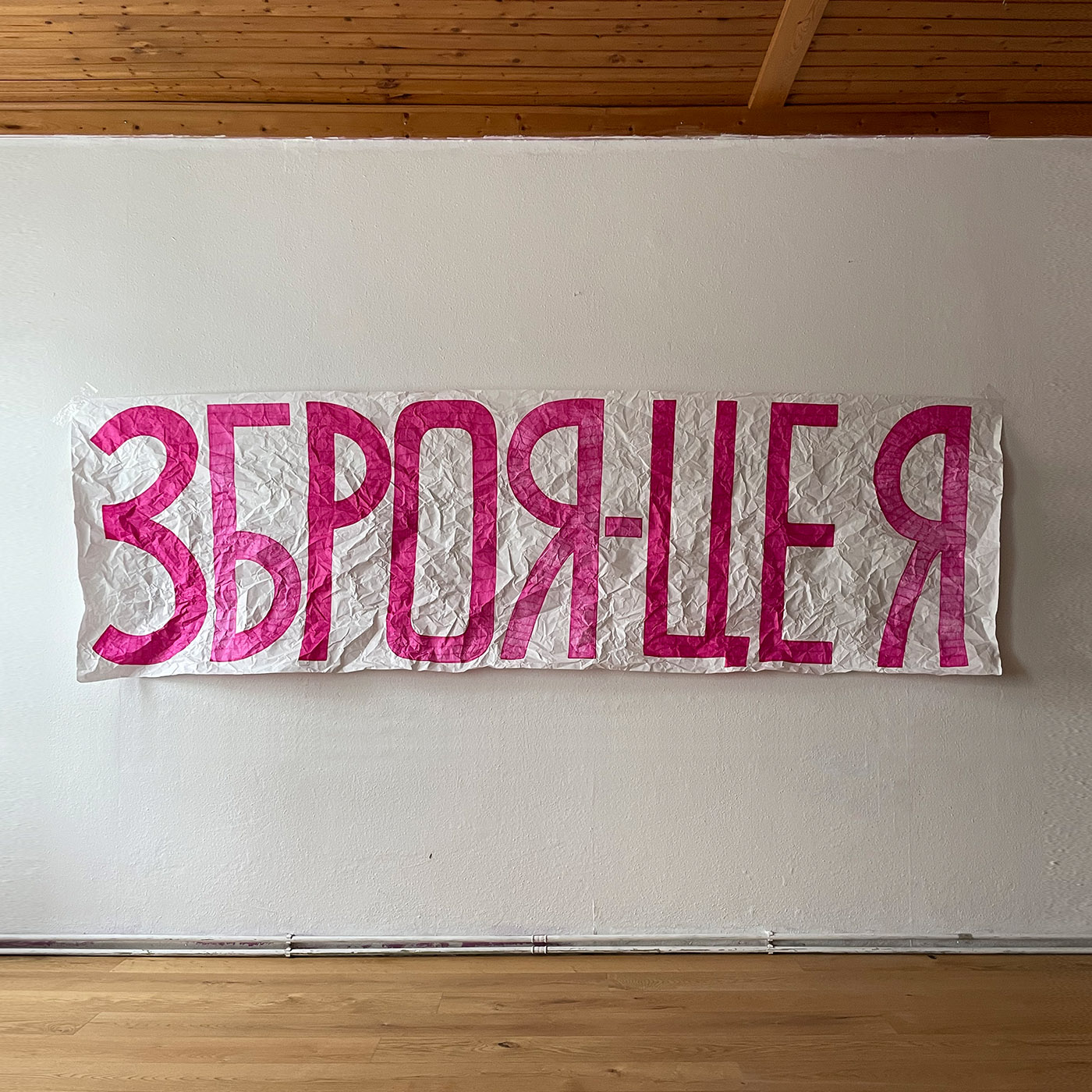
I AM the weapon. My love and rage are the weapons. I need to only find a proper instrument to manifest them. Some people literally have guns that they can use effectively, or grenade launchers, or tanks. Others have management and organizational skills, their sharp minds, talents, empathy or humor. It happened so that my instrument now is my word. Instruments may change though. They may disappear, but then come back. But the weapon, its energy, is still there. People are still there—Ukraine’s most important weapon, the weapon of Ukraine’s victory.
The color I’ve used to draw this text was not random. For a long time pink was considered to be “girlish” and thus symbolized the qualities the patriarchal society used to assign to all women: weakness, carelessness, frivolousness. To deconstruct those ideas, feminists expropriated pink and made it the color of their resistance, the color of female power. In the Ukrainian language, the words “fight” and “victory” are feminine. The word “Ukraine” itself is feminine, and the overall image of Ukraine is strongly associated with the figure of a woman, caring and kind like a mother, but strong, determined and always ready to fight for herself, her loved ones and her values.
More than 30,000 women are now in service in the Ukrainian Army, which is a larger percentage than in any army of NATO. Besides that, thousands of women are volunteering in different spheres, risking their lives to deliver humanitarian aid, rescuing people and animals, weaving camouflage nets, cooking for the military and civilians, helping to clean the cities. They also continue working their regular jobs, if it’s possible, to keep the country’s economy functioning. Many women went abroad not only for their own safety and to protect their families, but to become ambassadors of Ukrainian arts, culture and science in different exhibitions, forums and festivals. This war has clearly shown that the role of a woman is no more just a role of a victim, a trophy of male conquerors, or a waiting or mourning mother/wife/daughter of a soldier. But the very role of a warrior, who bravely fights alongside men at every frontier.
The equal half of Ukraine’s future victory belongs to women.
And I feel that day by day, bit by bit, not only Ukrainian women but also women worldwide are beginning to understand how powerful they really are. What a strong weapon each of them is: sharper than a knife, more precise than a HIMARS, faster than a fighter jet. I wish all of them—all of us—to have enough rage and love, so that we maintain our battles until the end, and never give up until the final victory.

Editor Michaela Doyle

